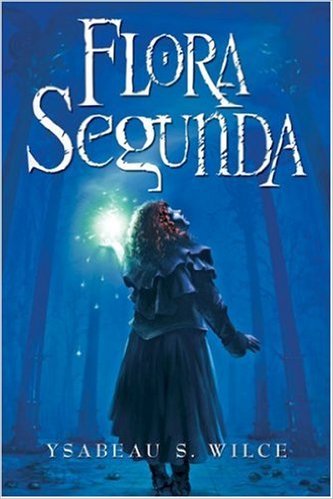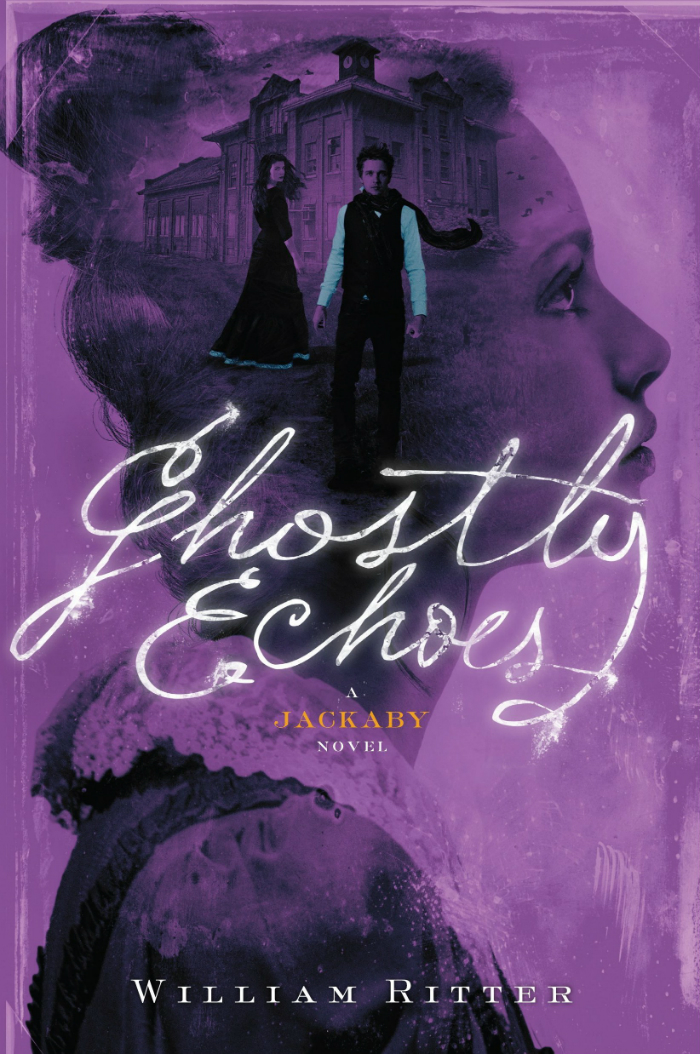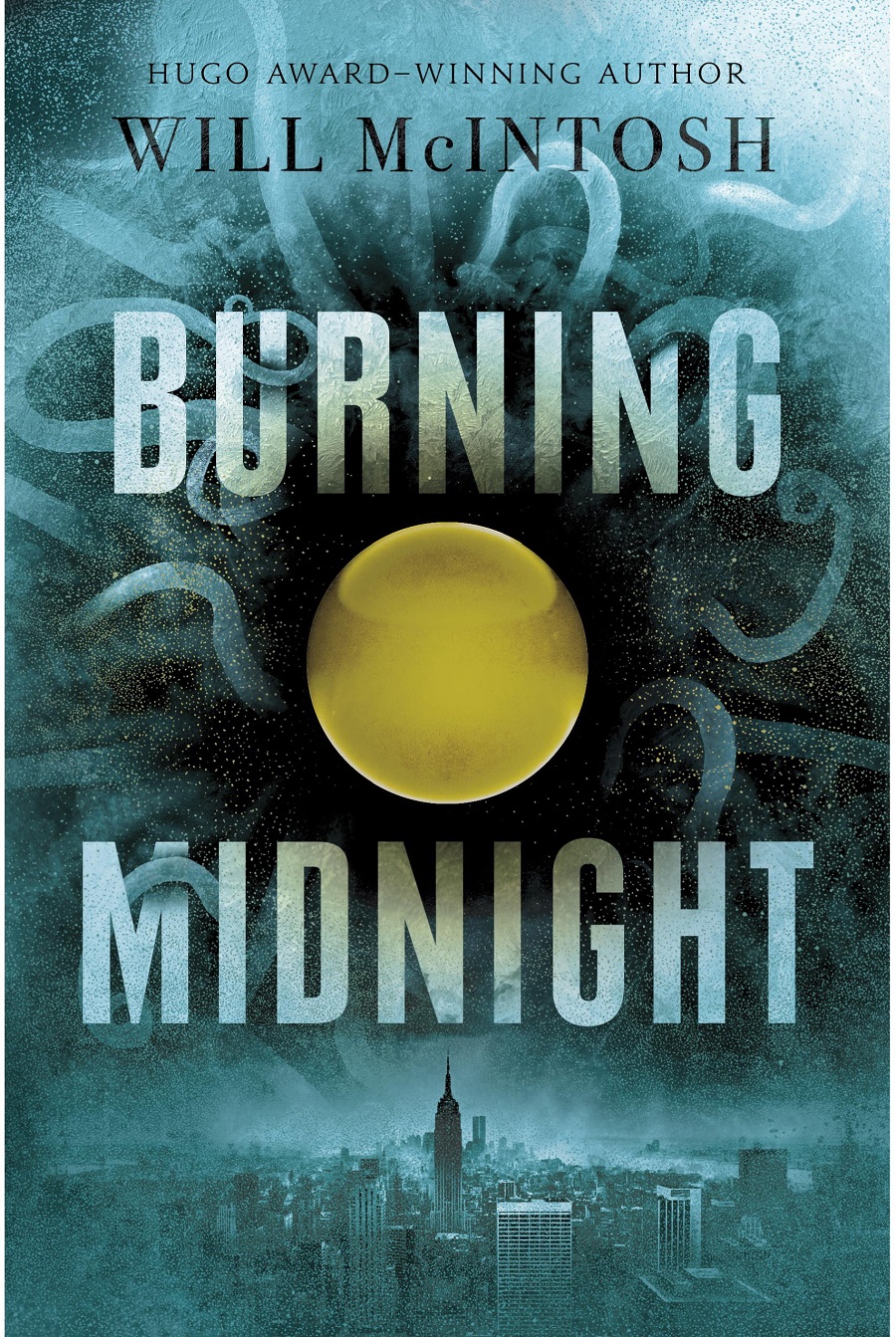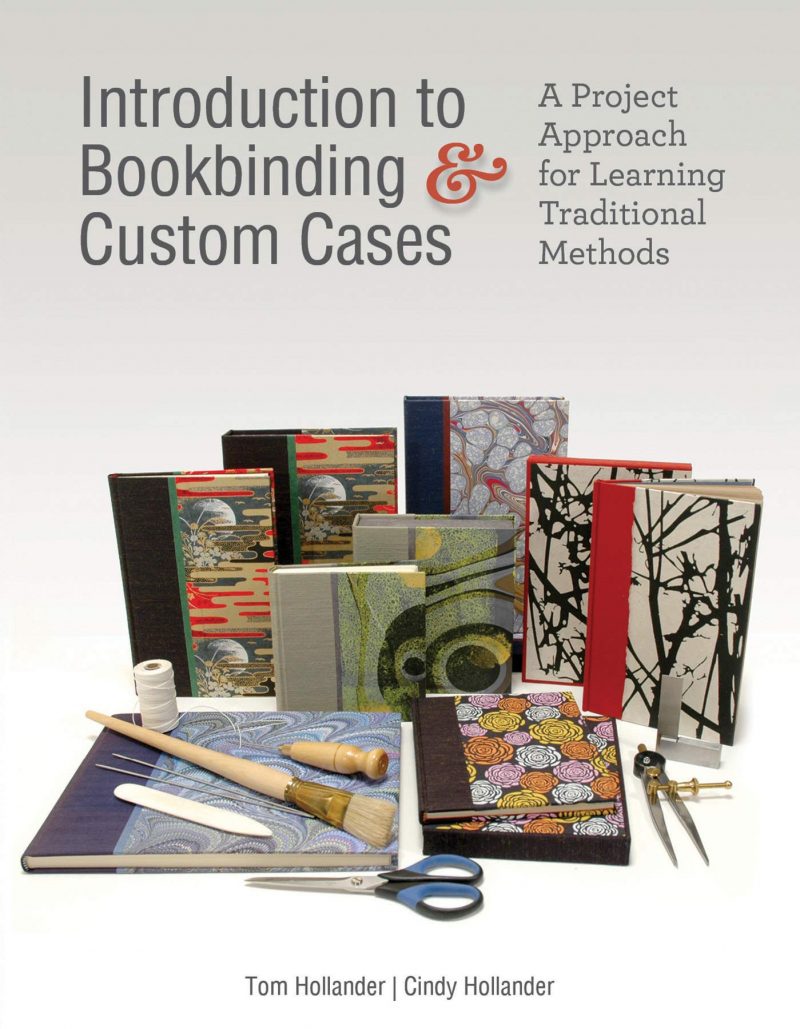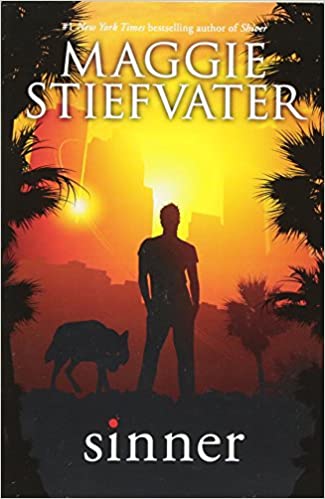[button color=”black” size=”big” link=”http://affiliates.abebooks.com/c/99844/77798/2029?u=http%3A%2F%2Fwww.abebooks.com%2Fservlet%2FSearchResults%3Fisbn%3D9780152054397″ target=”blank” ]Purchase here[/button]
The full title of this book is: Flora Segunda: Being the Magical Mishaps of a Girl of Spirit, Her Glass-gazing Sidekick, Two Ominous Butlers (One Blue), a House with Eleven Thousand Rooms, and a Red Dog. Remember that for the quiz. And while I may not be quite serious about that quiz, this book could be seriously studied. Why? For one thing, because it contains a lot of vocab-building words that I had to look up (such as aiguillettes, barouche, and gorget); but also because it introduces a truly original fantasy world, complete with its own native patterns of speech. At least, introduces it as far as a novel goes, though I believe author Wilce previously published short stories based on this world in various sci-fi/fantasy magazines. But until an anthology of those stories is published, this is the first book you are likely to notice in what I suppose could be called the “Crackpot Hall series.”
I want to describe the world of Crackpot Hall to you, but I’m not sure where to begin. It’s not a period in past or future history. It’s not another planet. I’m pretty sure it’s not an alternate historical timeline of our world. Yet it is somewhat like the American Southwest, where Spanish lingo has made inroads into English. And it is somewhat like a past era of history, in which a wood fire was a central feature of every household, and in which most forms of transportation had something to do with the horse. At the same time, however, there are elements that students of the pre-20th-century American Southwest will not recognize; and I’m not just talking about place names. I’m talking about magic.
I’m talking about terrible beings with the bodies of people and the heads of birds. I’m talking about butlers who draw strength from the Will of the family they serve. I’m talking about guerilla-like rangers who use magic and deceit to outfox their enemies. I’m talking about powerful spells using a language called Gramatica whose alphabet (perhaps fortunately) you can’t read, so there need be no fear that you will accidentally speak it aloud and turn your sister into a turnip; a language in which certain verbs are so powerful that they take on a physical form.
Flora Fyrdraaca belongs to one of the major houses of the city of Califa. Her mother is the Warlord’s military commander. Her father, having been captured and tortured by the enemy during the last war, is a crazy drunk. Her older sister has followed family tradition by going into the Army. And another sister, also named Flora (on whose account our Flora is “Flora Segunda”), died in the war. So everyone assumes Flora is going to enlist as soon as she comes of age, i.e. 14. Her catorcena (14th birthday) is coming up, an important affair. But Flora isn’t ready for it. Not only is she woefully behind on making her dress, sending out invitations, and so forth; but she also doesn’t want to become a soldier.
Instead, Flora wants to be one of the magic-wielding rangers. Only, the rangers have been outlawed since Califa made peace with its enemy, the Huitzil empire. So Flora and her best friend Udo are taking a big risk when they try to help the last known ranger, the legendary Boy Hansgen, escape on the eve of his execution. What Flora doesn’t realize is that she has already taken an even bigger risk by offering to revive her butler, the banished Valefor, so he can help her with her chores around the increasingly run-down Crackpot Hall. Once Valefor starts siphoning off Flora’s will, both of them begin to fade. Unless something can be done either to restore Valefor completely or to break the link between them, both he and Flora will sink into oblivion.
Few can advise Flora and Udo on what to do. Unfortunately those few include Flora’s mad father, the lingering denizen of an extinct house (rumored to keep himself going by eating trespassers), and worst of all, the Huitzil ambassador himself: Lord Axacaya, whose defection to Califa caused the late war that devastated the country, and whose betrayal of Califa nearly destroyed it. Flora can scarcely imagine a more evil person, or a greater enemy of her own family… yet her survival will ultimately depend on what Lord Axacaya knows.
As you can perhaps guess from my lengthy synopsis, it may take a while for you to find your footing in the strange world of Califa and the Fyrdraaca family’s Crackpot Hall. Nevertheless I trust that you will be charmed by the heroine’s spirit, amused by her glass-gazing sidekick, intrigued (if not totally creeped out) by the two ominous butlers (one blue), and moved with affection for a certain highly-excitable red dog. Whether or not you actually want to move into their 11,000-room house with the Fyrdraacas, you will probably come to the end of this book dying to start its sequel, titled Flora’s Dare.

